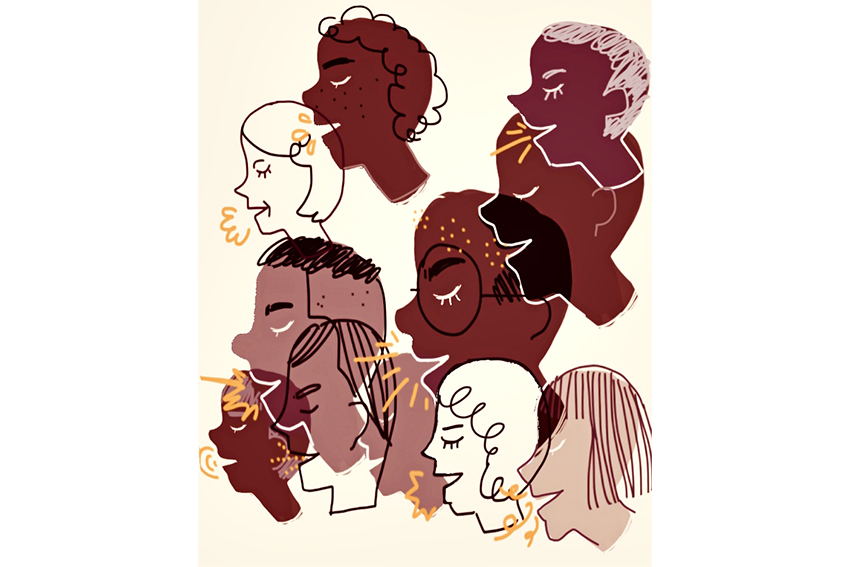UT System Chancellor James Milliken has begun discussions to adopt a set of free speech principles similar to the Chicago Statement. He said it would reaffirm the University’s commitment to protecting all speech across its 14 institutions.
“This is enormously important to me and to my colleagues — that the University of Texas System have a strong statement, a strong set of policies ensuring free expression,” Milliken said at a Texas Tribune event in January. “(The Chicago Statement) really sets forth in a pretty concise and coherent way what the obligations of a public institution are under the First Amendment.”
The Chicago Statement is a set of principles that protects speech on campuses and prohibits the university community from obstructing or interfering with speech that expresses “views they reject or even loathe.”
This policy is considered the gold standard of free speech policies by the Foundation of Individual Rights in Education, a nonprofit that monitors college student rights.
This organization rates schools green, yellow or red depending on how well their policies protect campus speech. None of the schools in the UT System meet the standards for a green university. Currently, UT-Austin is rated red, meaning it has policies that “clearly and substantially restrict freedom of speech.”
“It’s obvious things like policies that control when or where you can protest or hand out fliers … but it can also be policies like harassment policies that are written so broadly that they include protected speech,” said Laura Beltz, senior program officer at the foundation.
At UT, two policies are rated red: a policy on internet usage for using the subjective term “rude” and a sexual harassment policy penalizing actions outside of the Supreme Court’s definition. These policies, among others, have recently been questioned by a lawsuit filed against UT by the nonprofit Speech First, which combats restrictions on free speech.
On UT News’ key issues page, UT states that the University “does not believe (the FIRE rating) represents the overall philosophy or practice of free speech at UT-Austin,” and “The University encourages anyone interested in the subject to read the policies and judge for themselves if they represent a curtailment of free speech.”
Not all of UT’s policies are rated red. FIRE gave a green rating to UT’s Student Services and Activities rules on conduct and speech.
Texas A&M is the only Texas campus on FIRE’s website with a completely green rating, but that has not always been the case. Texas A&M originally had a yellow rating until the university began working with FIRE to revise the policy wording.
“What we’ve been doing in practice is what we should have been saying the whole time,” said David J. Pugh Sr., Texas A&M’s vice president for student affairs. “The reality is our policies now reflect how we were operating.”
Pugh said he thinks UT is red for same reasons A&M was yellow. Milliken said the UT System’s policies already reflect their commitment to free speech, but adopting something like the Chicago Statement would show the System’s commitment to the First Amendment.
“Freedom of inquiry and speech are essential to institutions of higher education, and public colleges and universities are subject to the requirements of the First Amendment,” Milliken said in a statement. “The UT System and its institutionsare fully committed to ensuring freedom of speech consistent with the First Amendment, and our policies reflect that commitment.”




















